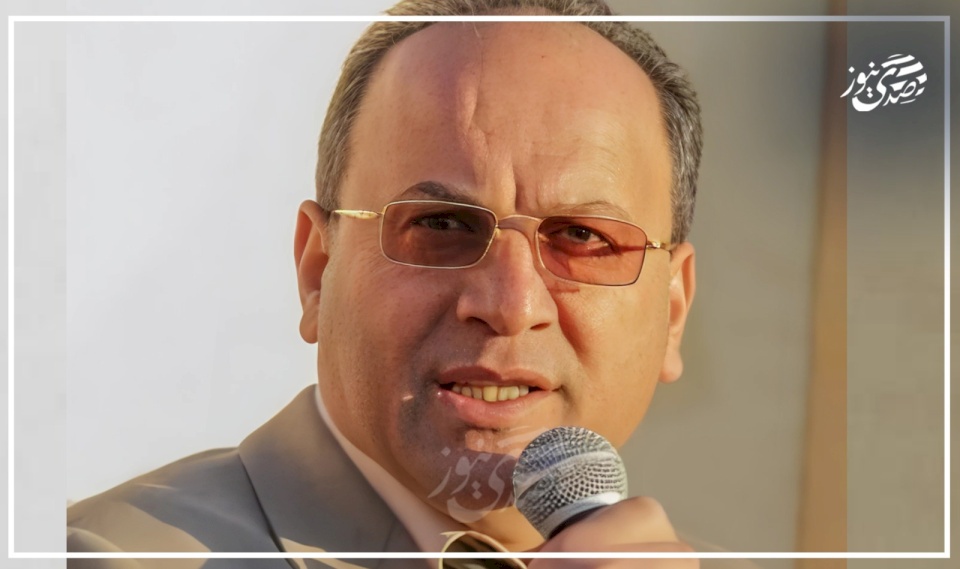
From Individual Nazism to Community Nazism: The Israeli Case as a Model
Throughout history, Nazism has been associated with a brutal leader or an extremist party leading a discourse of hatred and extermination, while the majority of society remained either rejecting, hesitant, or silent. However, what we see today in the Israeli case transcends this traditional pattern; we are not faced with a single "Nazi leader" or an isolated "hardline party," but rather with a nearly comprehensive social phenomenon shared by all Israeli parties. Most of society adopts a discourse and behavior rooted in ethnic cleansing and systematic extermination against the Palestinians.
Nazism as an Individual Idea vs. Nazism as a Collective Choice
In the European experience, Hitler and his Nazi party were the driving forces, managing through propaganda and military control to sway broad sectors of the German population. In the contemporary Israeli case, we face a more dangerous reality, as opinion polls reveal that over 80% of Israeli society justifies or supports policies based on:
- Starvation and comprehensive siege of the Palestinians.
- Indiscriminate bombing and genocide, along with cutting off water and electricity from all Gazans.
- Demonization of Palestinians, describing them as "human animals."
- Denial of the right to life and existence for an entire people.
In this sense, the situation is no longer limited to an extremist government; it has transformed into a case of social-political consensus that turns hatred into a national criterion.
The Most Dangerous Dimensions of This Phenomenon
1. Moral Legitimization: When extermination turns into a "national value," the boundaries between what is a crime and what is a national accomplishment are erased.
2. Reproducing History: A people that claims to be the primary victim of the Holocaust is reproducing a more brutal version of Nazism against others. It's enough to listen to Netanyahu as he repeatedly uses terms like "iron fist" in the context of extermination; this discourse is not different from the Nazi literature that heralded violence as a means of survival.
3. Absence of Internal Restraints: A society that is supposed to serve as the conscience restraining its leaders has now become the fuel for extremism.
What Does This Mean for the World?
If Nazism in the twentieth century was a major European crisis that prompted a global alliance to stop it, Israeli Nazism today is a humanitarian crisis fueled by international silence, and even direct Western support through money, weapons, and soldiers. The more dangerous aspect is that the transformation of hatred into a collective option makes any genuine peace or coexistence impossible. The problem is no longer with a "political leader" but with a comprehensive cultural and social structure.
What is happening today is not a transient war against the Palestinians; it is a major crime threatening all humanity. We are at a pivotal moment: either the world rises to stop the birth of a new collective Israeli Nazism practicing extermination openly and with broad popular support, or it prepares to pay the price later when this contagion turns into a model for emulation among nations and peoples.
Silence here is not neutrality but rather participation in the crime. History is currently recording who stands against extermination and who justifies it. What is happening is not merely a Palestinian catastrophe; it is a final warning for all of humanity. And when the leaders of the occupation use language such as "iron fist," they are not hiding the roots of their Nazi discourse; rather, they are announcing it publicly. History does not repeat itself in vain; it returns this time in its ugliest forms, broader and more horrific than ever before.

Huckabee's Statements Reveal the Falsehood of Trump's Peace and Reinforce Religious Confli...

Licensed Occupation by Law

Whoever Does Not Plant Hope, Plants Departure...

Between "Here is Jerusalem" and "Here is Gaza" ... The Voice of a Nation and the Steadfast...

While some count the boos, Palestinians count their martyrs.. Paradoxes of the internation...

When the Palestinian Issue is Reduced to Gaza Management

Legally Licensed Occupation

